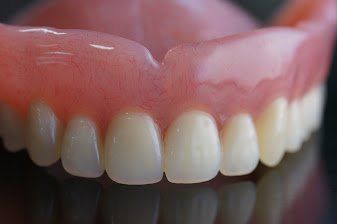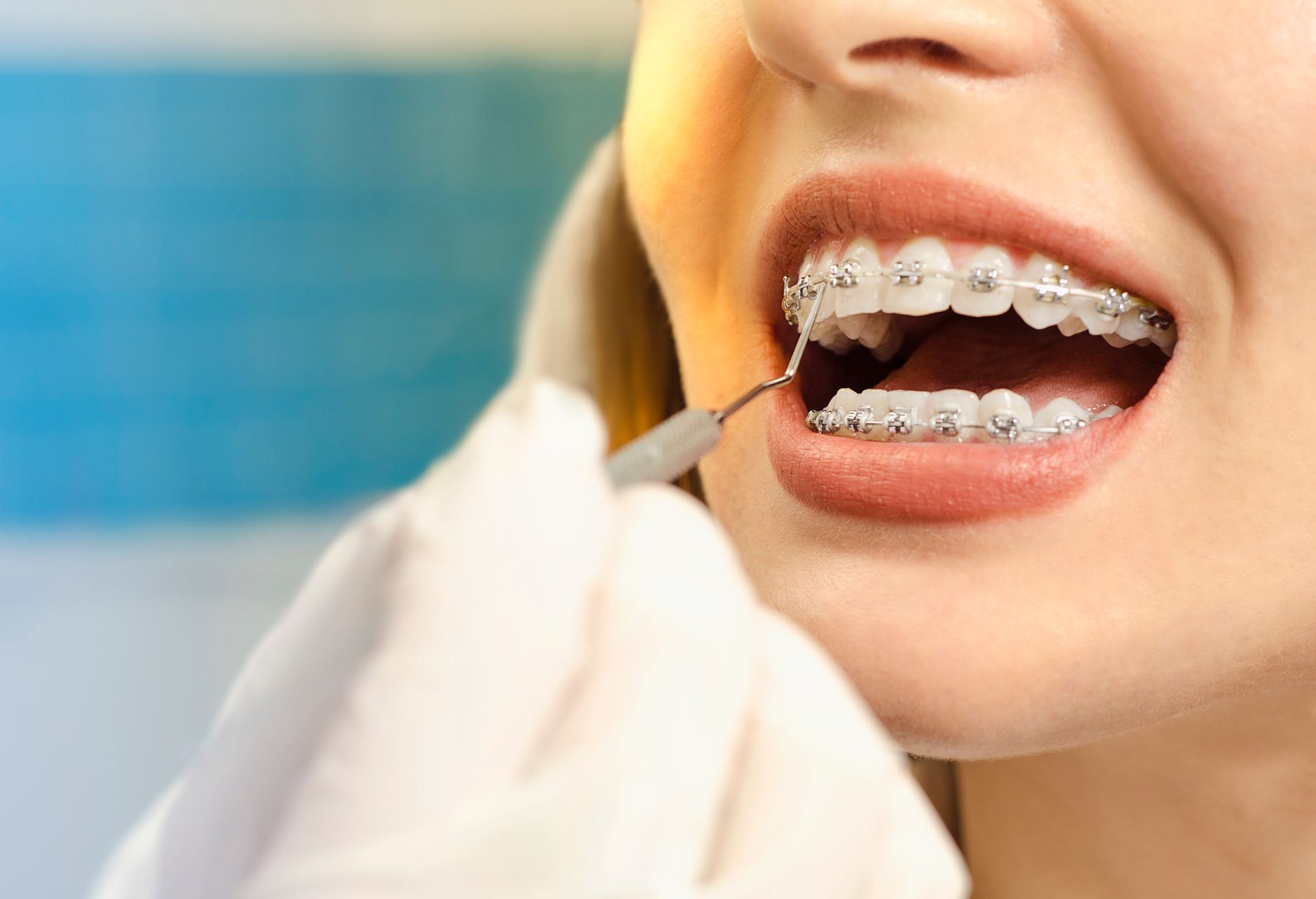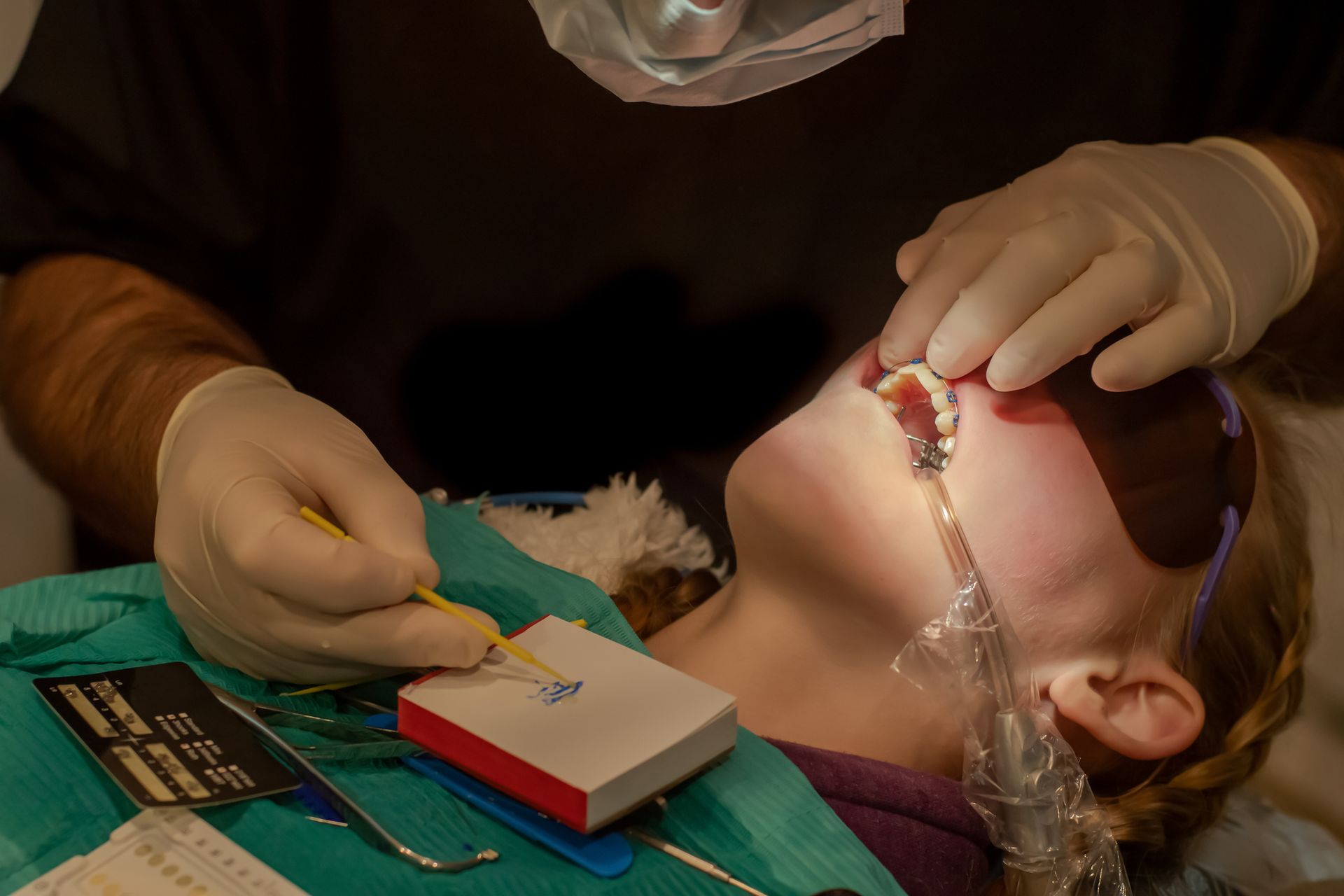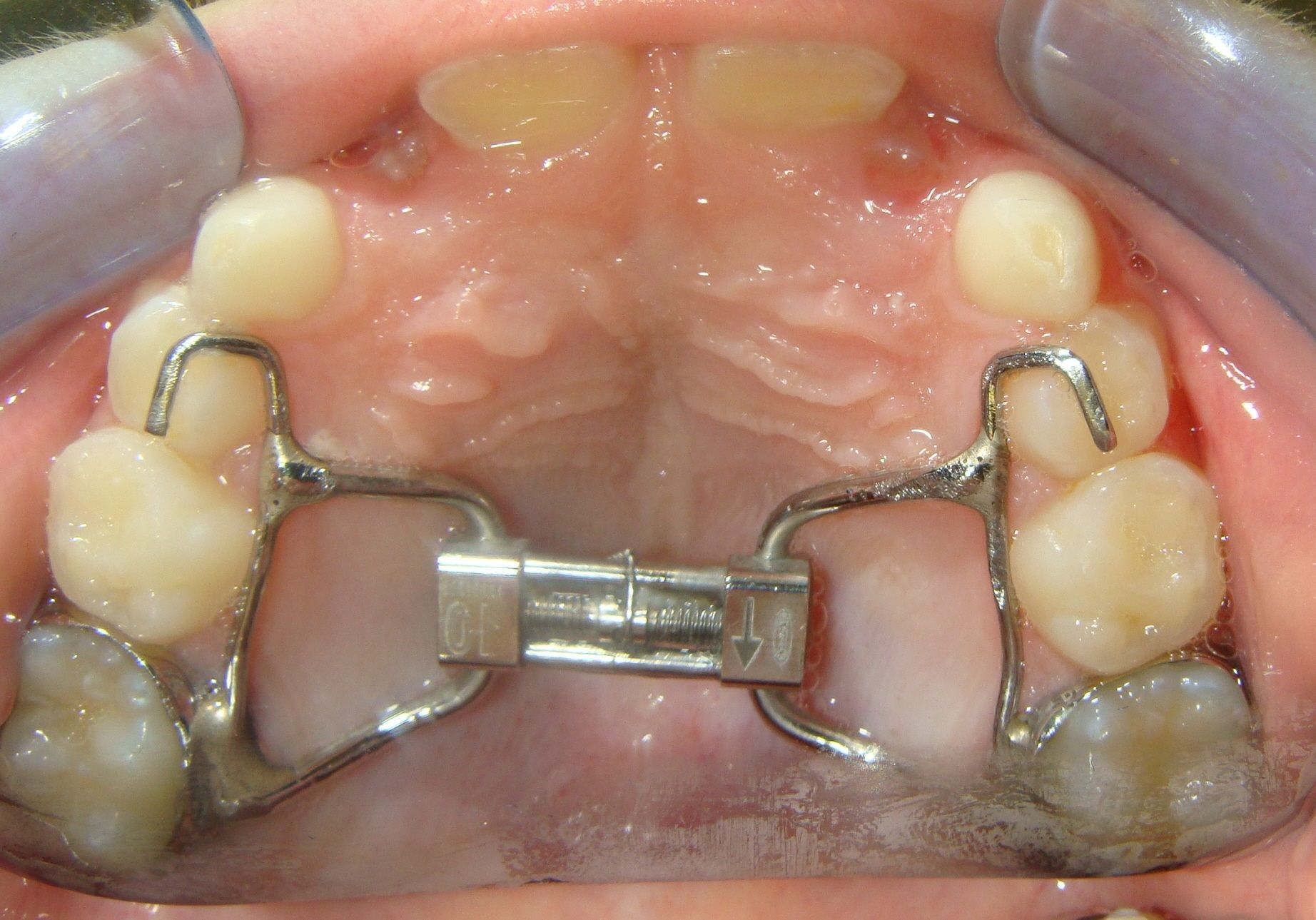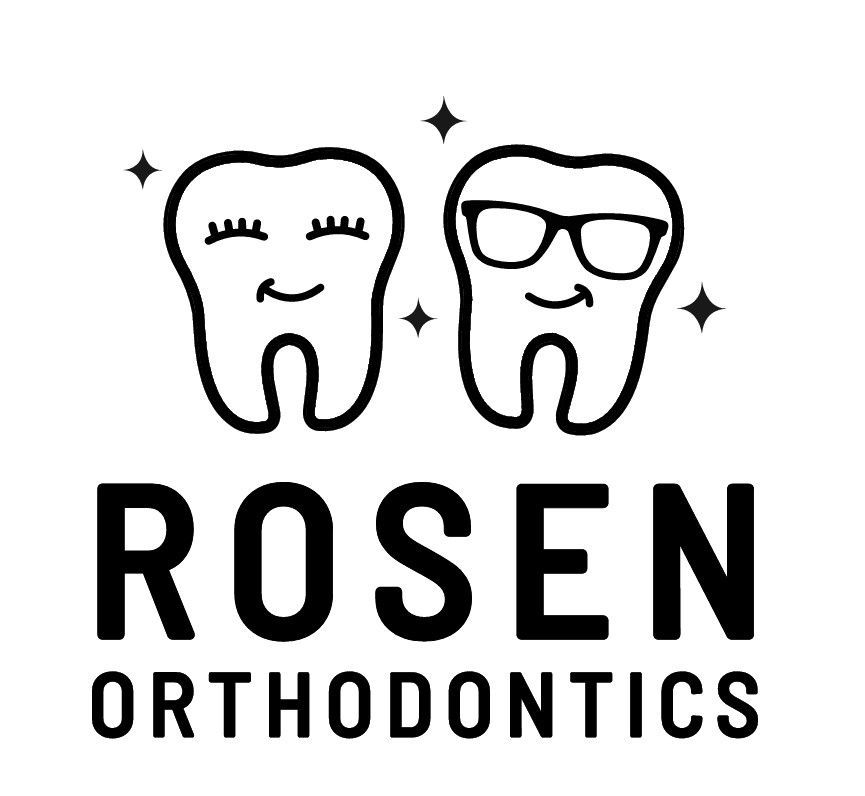Causes of Tooth Sensitivity

If you often experience sharp pain when you expose your teeth to air, hot or cold temperatures, or acidic or sweet foods, you likely have tooth sensitivity. Tooth sensitivity occurs when the enamel, which is the top layer of your teeth, gets eroded, exposing the dentin. Any heat, cold, sugar, or acid from your foods reaches the nerves when you expose the dentin.
Tooth sensitivity may be difficult to live with unless you identify the causes of the problem. Read on to learn some causes of tooth sensitivity.
You Grind Your Teeth
If you grind your teeth, your enamel may wear down over time. When this happens, you expose the inner layer of your teeth, which has hollow tubes leading to your nerves. Your dentist can give you a mouth guard fit for your teeth to prevent you from grinding your teeth further.
You Eat a Lot of Sugary and Acidic Foods
Eating too many acidic foods like lemons, pickles, tomato sauce, grapefruit, and sugar erodes your enamel, leaving your dentin exposed. Avoid overindulging in these types of foods to protect your teeth and be sure to brush away frequently to clean the acids away.
You Use Too Much Mouthwash
Over-the-counter mouthwash may contain chemicals that can worsen sensitivity. Some mouthwash brands are acidic, and using too much of them can wear down your enamel. Be sure to check with your dentist to learn more.
You Have Gum Disease
Gingivitis or periodontal disease may cause gum recession, which leaves the roots of the teeth exposed, causing sensitivity. A visit to the dentist can help you find a solution for your gum disease. Your dentist may also seal the exposed roots.
You Brush Too Vigorously
If you use a toothbrush with hard bristles, brush your teeth too hard, or don’t change your brushing patterns, you may wear down the protective layers on your teeth. Again, with worn-down teeth, you expose the tubes and canals that lead to the nerves to substances that may cause sensitivity.
You Have a Cracked or Chipped Tooth
When you chip or crack a tooth, the opening may go all the way to the nerves. A chipped tooth is also vulnerable to bacteria which may reach the dentin through the opening. In both cases, you may experience pain or sensitivity.
If you have a chip or crack in your tooth, your dentist can examine your teeth to determine whether to fill the opening or extract the tooth.
You Use a Lot of Tooth Whitening Agents
Some tooth whitening products may have peroxide and baking soda, which are notorious for causing tooth sensitivity. You can consult your dentist to learn which brands of whitening toothpaste or other whitening products will work best for you.
You've Had a Recent Dental Procedure
You may experience tooth sensitivity after dental procedures like tooth cleaning, crown placement, a root canal, or a tooth filling. Luckily, this type of sensitivity usually resolves after a few weeks. If the sensitivity does not go away after some time, have a dental check-up as you may have an infection.
You Have Plaque Buildup
When you eat, plaque forms on your teeth. Brush your teeth to keep the plaque from building up on the surface. Plaque buildup may erode your enamel if you neglect to brush your teeth, leaving your dentin exposed. Practice good oral hygiene and have regular dental cleaning to avoid plaque buildup.
Your Gums Have Shrunk
If you're older, your gums may start shrinking away from your teeth, leaving your roots exposed. The roots are the most sensitive part of the tooth. When exposed, you may experience pain when consuming hot or cold food or drinks.
If you have severe gum recession, your dentist may perform a gum graft to cover your exposed roots.
Tooth sensitivity can make you miserable. A visit to the dentist can help you resolve the problem before it affects the quality of your life. Contact us today to schedule a dental check-up if you have tooth sensitivity.

CONTACT INFORMATION
Phone numbers:
Buffalo Grove: (847) 215-9971
Deerfield: (847) 432-1614
Email: info@rosenortho.com
BUSINESS HOURS
- Monday
- -
- Tue - Fri
- -
- Saturday
- -
- Sunday
- Closed
OUR LOCATIONS
Buffalo Grove: 355 W. Dundee Rd. Suite 215 Buffalo Grove, IL 60089
Deerfield: 656 Deerfield Rd, Deerfield, IL, 60015

